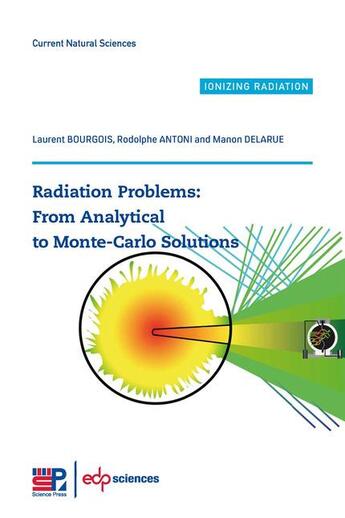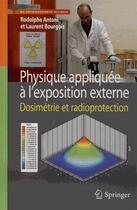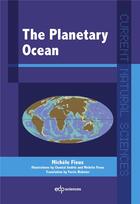-
Date de parution : 10/11/2021
-
Editeur :
Edp Sciences
-
EAN : 9782759824618
-
Série :
(-)
-
Support :
Papier
Résumé:
This book reports on the state-of-the-art in terms of dosimetric, ionizing radiation metrology and radiation protection through exercises related to practical applications. For each problem, the book provides resolutions by means of analytical and semi-empirical formulas stemming from nuclear... Voir plus
This book reports on the state-of-the-art in terms of dosimetric, ionizing radiation metrology and radiation protection through exercises related to practical applications. For each problem, the book provides resolutions by means of analytical and semi-empirical formulas stemming from nuclear physics theory and the latest research contributions. For most applications (cavity theory, absorbed dose calculation for protons, quantities and dimensioning of X-ray generators...) the most recent data and calculation methods are part of the tools used. Moreover, in most applications/problems discussed, an inter-comparison with the numerical results obtained with a Monte-Carlo code commonly in worldwide use, MCNP, is presented. This code allows providing «actual» values in order to test the accuracy of the whole of analytical or semi-empirical results. For each case study, the numerical model is discussed, the input file is fully provided, and its structure is detailed. Some complex geometries involved in the modeled radiological scenes as well as the features used to generate, transport and track particles are described. On another note, emphasis is placed on the raw MCNP results normalization and on variance reduction techniques employed to improve or enable the convergence of statistical estimators toward the end result.
This book is aimed at an audience having a solid background in the addressed themes and is recommended for students from Physics Bachelor's degree. It can provide theoretical and technical information to engineers carrying out calculations and to graduate students performing their research work as well. The book is intended to be instructive and each problem is treated independently. The reader can therefore study the applications of interest in the desired order.
Donner votre avis

















